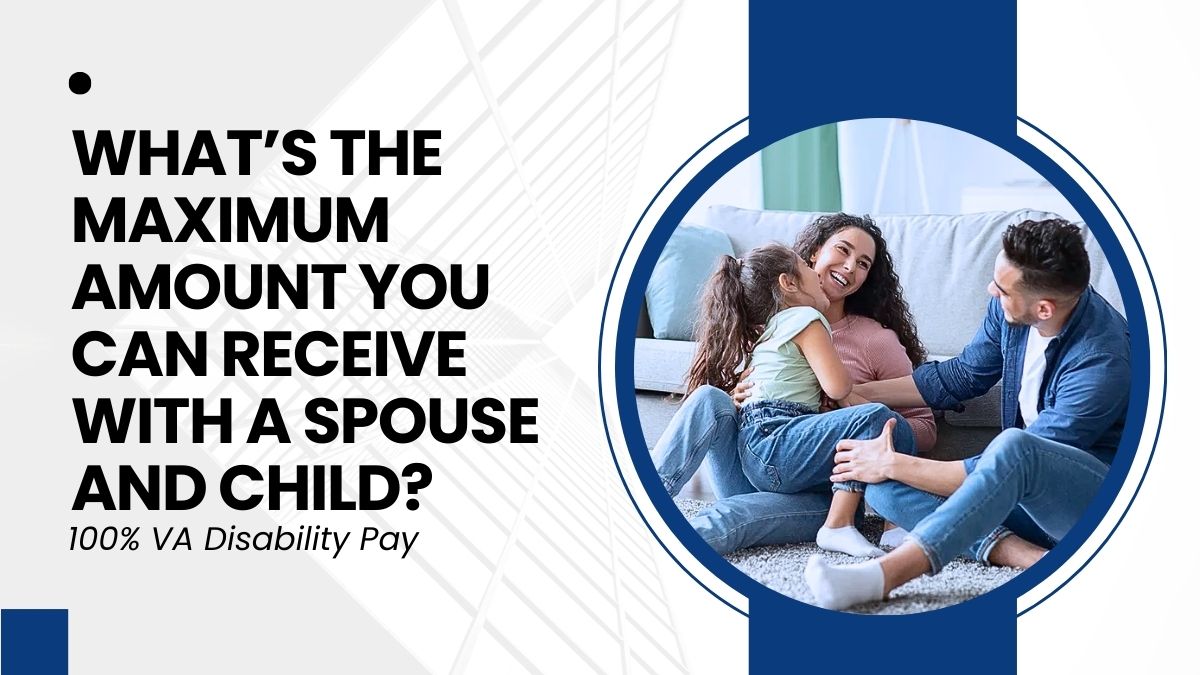The UK’s social welfare system includes several allowances designed to support citizens, particularly those with disabilities or other special needs. Among these is the Attendance Allowance, which is crucial for individuals beyond the State Pension age who require additional care due to physical or mental health conditions.
However, recent reports indicate a high rate of rejected claims, largely due to avoidable mistakes in the application process. Here’s a comprehensive guide to knowing the common pitfalls and how to avoid them to increase your chances of approval.
Attendance Allowance
The Attendance Allowance is a non-means-tested benefit for individuals over State Pension age who need help with personal care due to illness, disability, or mental health issues. Despite its importance, thousands of claims are rejected each year, often due to errors that can be avoided with careful preparation.
Filling out the application correctly is vital. Applicants need to provide detailed information about their medical conditions, daily care needs, and any related medical treatments. Essential documents, including GP details, medical reports, and National Insurance numbers, must be submitted to support the claim. Providing additional evidence, such as a care plan from the local council or reports from an occupational therapist, can further strengthen the application by clearly demonstrating specific care requirements.
Common Pitfalls
A significant pitfall in the application process is submitting incomplete or inaccurate information. Applications that exaggerate or understate care needs are often flagged, leading to rejections. It’s crucial to be realistic and truthful about your situation. Overstating needs may raise suspicions, while downplaying them can result in not receiving the necessary level of support.
Withholding Critical Information
One of the primary reasons for rejection is the failure to disclose all relevant information about your medical condition. Claimants should provide detailed descriptions of how their condition affects daily life, including specific symptoms, any accidents or falls, and activities that are difficult without assistance. The more comprehensive and accurate the information provided, the higher the chance of approval.
Not Reapplying
Eligibility for Attendance Allowance can change over time, especially if a claimant’s health condition worsens. A common mistake is not reapplying when there are significant changes in health or care needs. If an application is initially denied, claimants should consider reapplying if their condition deteriorates or new symptoms develop. It’s essential to keep the application updated with the most current information to reflect any changes in your care requirements.
Financial Eligibility
Another common misconception is that financial status affects eligibility for Attendance Allowance. However, this benefit is not means-tested, meaning it is awarded based on care needs rather than income or savings. Therefore, eligible individuals should apply regardless of their financial situation.
Avoiding Pitfalls
Given the complexity of the application process, it’s advisable to seek guidance when filling out the form. Resources provided by the Department for Work and Pensions (DWP) and the Attendance Allowance helpline can offer valuable assistance. Additionally, having a third party, such as a family member or GP, review your application can help identify any errors or omissions before submission.
Provide Comprehensive Evidence
Including comprehensive medical evidence, such as recent GP reports, detailed care plans, and information on how your condition impacts daily life, is essential. This evidence should clearly outline the extent of your care needs and how they meet the eligibility criteria for Attendance Allowance.
Challenge Rejections
If your claim is rejected, knowing the reasons for denial is crucial. Many claims are overturned on appeal because of mistakes made by the DWP. If you believe your application was wrongly denied, consider appealing the decision. Preparing for an appeal involves reviewing the initial application, gathering additional evidence, and clearly explaining why the original decision was incorrect.
Key Insights
The high rate of rejected Attendance Allowance claims highlights the need for better application practices and more accurate assessments by the DWP. Criticism from organizations like Z2K underscores the importance of ensuring that applicants receive the support they need, especially during economically challenging times.
Misconceptions about eligibility, such as the belief that having a carer or living in a care home disqualifies you from Attendance Allowance, also contribute to rejections. It’s vital to understand that you may still qualify for the benefit if you meet the care needs criteria.
By avoiding common pitfalls, providing detailed and accurate information, and seeking assistance when needed, applicants can significantly improve their chances of successfully securing Attendance Allowance.
FAQs
What is the Attendance Allowance for?
It’s a benefit for those over State Pension age needing care.
Why are claims often rejected?
Common reasons include incomplete applications and understating care needs.
Can I reapply if my health worsens?
Yes, reapply if your condition changes or new symptoms develop.
Does financial status affect eligibility?
No, Attendance Allowance is not means-tested.
Can I still receive Attendance Allowance in a care home?
Yes, if you meet the care needs criteria, you may still qualify.
















